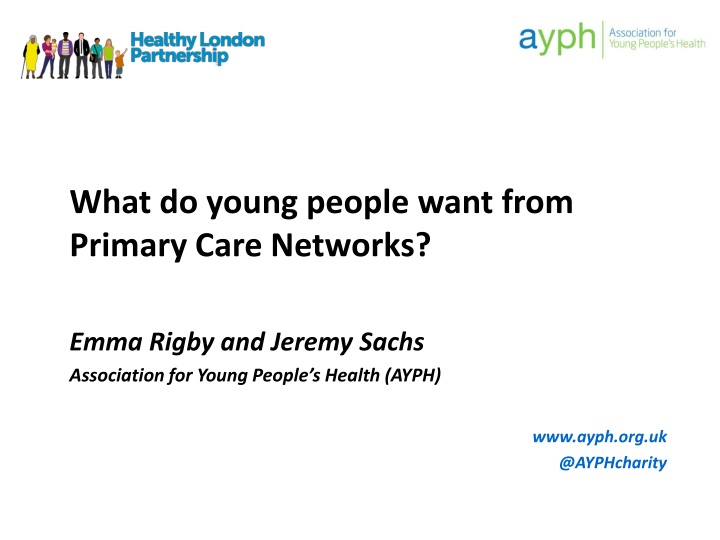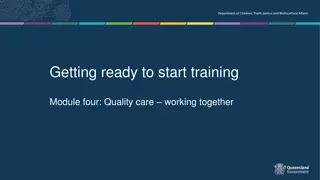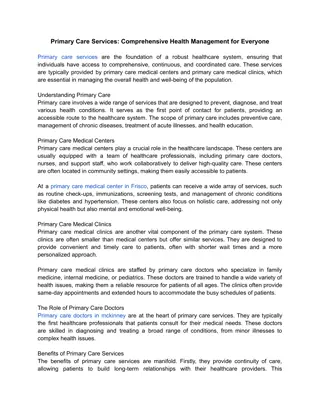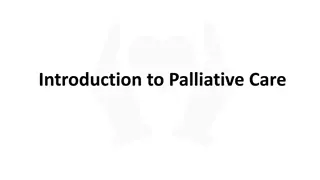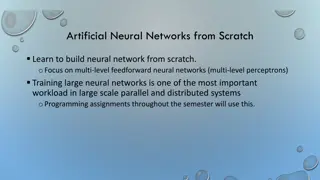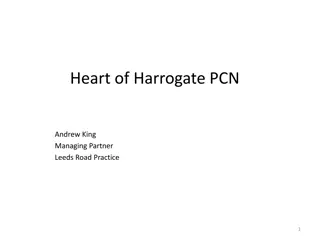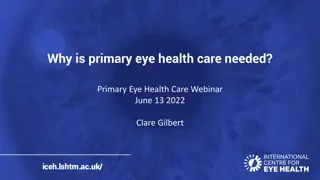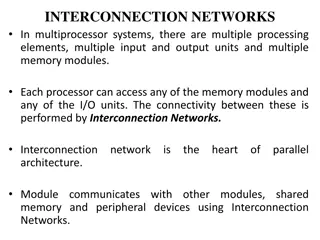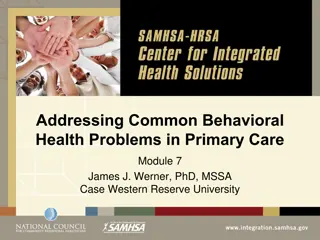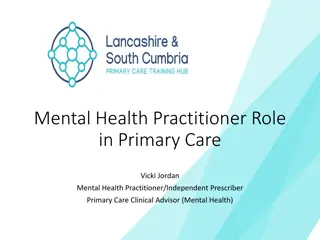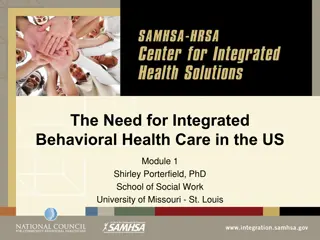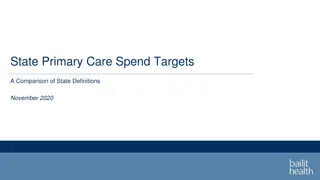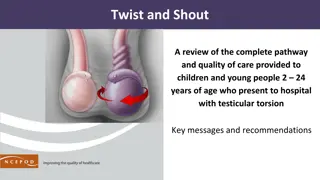What Young People Want from Primary Care Networks
AYPH's work in Tower Hamlets focused on engaging young people to determine their preferences for Primary Care Networks (PCNs). Common themes included peer support, choice of healthcare providers, accessibility, communication with family, consent and confidentiality understanding, informed treatment decisions, flexible appointment times, and online/app-based support. The key findings emphasized proactive measures that PCNs should take to meet young people's healthcare needs effectively.
Download Presentation

Please find below an Image/Link to download the presentation.
The content on the website is provided AS IS for your information and personal use only. It may not be sold, licensed, or shared on other websites without obtaining consent from the author.If you encounter any issues during the download, it is possible that the publisher has removed the file from their server.
You are allowed to download the files provided on this website for personal or commercial use, subject to the condition that they are used lawfully. All files are the property of their respective owners.
The content on the website is provided AS IS for your information and personal use only. It may not be sold, licensed, or shared on other websites without obtaining consent from the author.
E N D
Presentation Transcript
What do young people want from Primary Care Networks? Emma Rigby and Jeremy Sachs Association for Young People s Health (AYPH) www.ayph.org.uk @AYPHcharity
Background and aims AYPH commissioned to undertake place based work in Tower Hamlets as part of the HLP task and finish group on how PCN s could work for children and young people. Aim to engage a diverse range of young people Aim to develop a methodology with young people, HLP and local stakeholders which could be replicated in other areas
We asked What would young people like Primary Care Networks to look like? How could Primary Care Networks best meet young people s health and wellbeing needs? What would help young people to access support from Primary Care Networks? PCNs were defined as a range of services working together to support the health needs the community AND a place where you can access a range of different health services in different locations in their area but still get the same outcome in care and quality.
Why seek young peoples views? Little focus on how Primary Care Models will work in relation to children and young people As set out in NHS Long term Plan almost a third of population is age 0-25 The way we deliver primary care is critical to improving young people s health outcomes For this work we specifically focused on young people 10+ - further work with younger children and their parent / carers would be helpful.
Priorities for PCNs as defined by young people Peer support and youth work skills Option to choose who they see Primary Care Networks go to where young people are to enable young people understand how to access services Support young people in communicating with family supporting intergenerational converstations Clearly explaining consent and confidentiality Young people being kept informed about their treatment Having choice Access PCN at times that work for young people, including drop in clinics Online and app-based support Professionals understanding young people
Key Findings and Themes Primary Care Networks need to take proactive steps to ensure young people understand what services are available and are made to feel welcome. I had no idea I could go to my GP when I was struggling with my mental health I went to the doctor s for one thing, but all they wanted to talk about was that I was Trans that literally had nothing to do with why I was there As a Muslim I really wanted to see a female doctor, but I didn t know I could ask for one, so I saw a male doctor and just lied about why I was there Primary Care Networks could encourage peer to peer support for young people Young people told us healthcare professionals were good at helping them with diagnoses and access to prescriptions. However, they felt that these may not be the best people to help them manage their condition in day to day life.
Key Findings and Themes Primary Care Networks could support improved intergenerational communication and understanding It can be hard to explain anxiety to a parent who only speaks Bengali, even with an interpreter, they may not have the appropriate language to explain that . Similarly, young LGBTQ+people felt that their lifestyles, sexual identity or gender were not relatable to older generations, therefore mental and physical health issues that can arise might not be understood properly Primary Care Networks should be using technology to communicate with young people and share health information, however in some instances young people prefer to remain anonymous Being able to ask questions of healthcare professionals anonymously and via apps or online was highly valued by young people.
Key Findings and Themes Primary Care Networks have the potential to support young people to get involved in health by supporting volunteer positions etc. It was felt that having volunteering schemes or placements in primary care would help them understand services as well as benefit young people s long- term management of health, their health outcomes and careers.
Recommendations Youth friendly information and outreach: aim to be simple and easy to navigate, with youth friendly information. Information should not only be provided within health services but shared broadly to make it as accessible as possible within young people s communities. Youth friendly staff: Youth friendly skills from staff are crucial for young people to engage well with services. Local engagement with young people: It is important to carry out local engagement to understand what particular issues there may be for young people in that area. Awareness of different communities of young people: Primary Care Networks need to be aware of different communities of young people within their local area.
KEY QUESTIONS FOR THIS ENGAGEMENT SHOULD INCLUDE: What do we already know about young people s needs in our local area? What are the gaps in our knowledge and which are the groups of young people we need to engage with? How will key local stakeholders be involved and support the engagement work so that what young people say can influence change? How will we seek to engage young people on an ongoing basis?
AYPH is the UKs leading independent voice for youth health. We work to improve the health and wellbeing of 10 24 year olds. For more about our work please visit www.youngpeopleshealth.org.uk or contact us at info@youngpeopleshealth.org.uk
